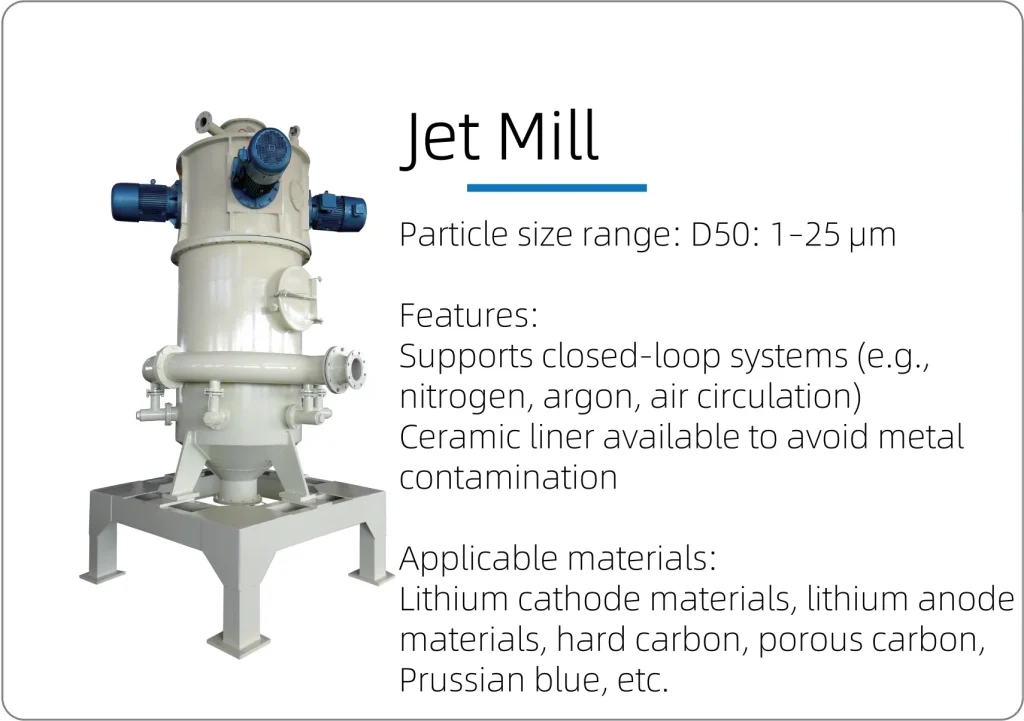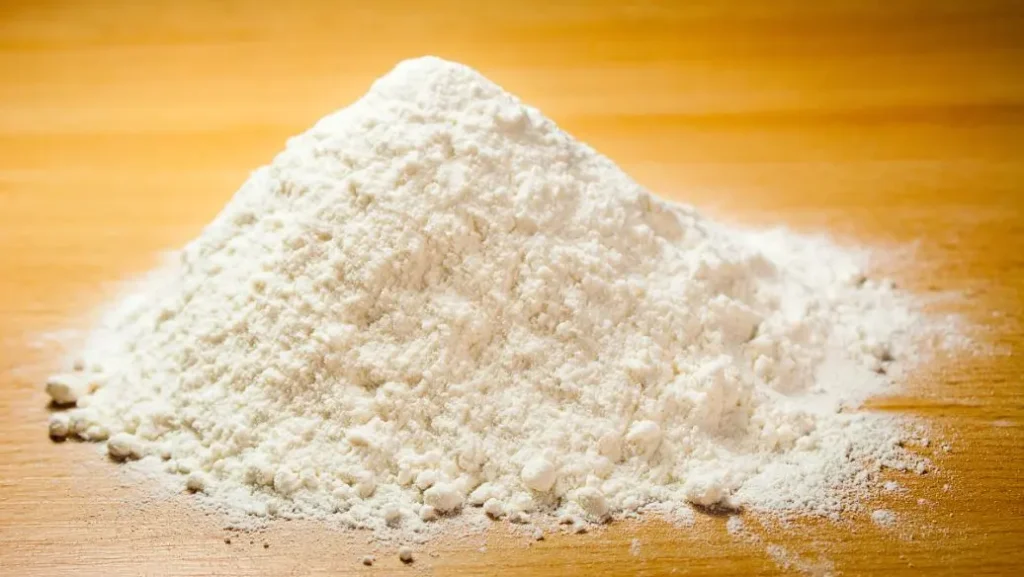In recent years, China’s rapid industrial development has created more opportunities for the mechanical equipment industry in deep processing. Particle size plays a crucial role in the bioavailability of certain medical products, making pulverization vital. The air pulverizer has become essential in pharmaceutical pulverization due to its low temperature, short production cycle, and high powder collection rate. It provides uniform, fine particle size distribution. The air pulverizer, also known as the air jet mill, jet mill, or energy flow mill, uses high-speed airflow (300-500 m/s) or superheated steam (300-400°C) to ultra-finely pulverize solid materials. As a widely used ultra-fine pulverization device, the air pulverizer is applied to superhard materials. The materials include chemicals, pharmaceuticals, foods, and metal powders. Some customers have mentioned that while the air pulverizer has a wide range of pulverization particle sizes, the pulverization effect varies. Why is this?
The pulverization effect in an air jet mill is influenced by factors like gas-solid ratio, feed particle size, working fluid temperature and pressure, and pulverizing aids.

Gas-Solid Ratio
The gas-solid ratio in the air jet mill during pulverization is a crucial technical parameter and indicator.
If the gas-solid ratio is too small, the kinetic energy of the airflow will be insufficient, negatively affecting the fineness of the product. However, if the gas-solid ratio is too high, it will not only waste energy but also worsen the dispersion performance of certain pigments.
Technicians recommend that when using superheated steam as the working fluid, the gas-solid ratio should generally be controlled at 2 to 4:1 for pulverizing hard materials after calcination, and at 1 to 2:1 for pulverizing surface-treated materials.

Feed Particle Size
When crushing hard materials, the particle size of the feed must also meet strict requirements.
For titanium powder, the crushing of calcined materials needs to be controlled at 100-200 mesh, while the crushing of surface-treated materials should generally be in the range of 40-70 mesh and cannot exceed 2-5 mesh.
Temperature of Working Fluid
Technicians explain that when the temperature of the working fluid is too high, the flow rate of the gas increases.
For example, the critical speed of air at room temperature is 320 m/s. When the temperature rises to 480°C, the critical speed increases to 500 m/s, meaning the kinetic energy increases by 150%. Therefore, raising the temperature of the working fluid helps improve the crushing effect.
When crushing titanium powder, the temperature of superheated steam is generally around 300-400°C. Technicians mention that the temperature is typically higher during pulverization and calcination, and lower when pulverizing surface-treated materials. “Some surface treatment agents, especially organic ones, are not heat-resistant, so they only need to be superheated by 100°C above the original steam temperature.”

Working Fluid Pressure
The working fluid pressure is a key parameter for generating jet flow velocity and significantly affects pulverization fineness. Generally, the higher the working fluid pressure, the faster the speed and greater the kinetic energy.
But how high should the pressure be for pulverization? Technicians say that this depends mainly on the material’s crushability and fineness requirements. For example, when using superheated steam to pulverize titanium powder, the steam pressure is generally 0.8-1.7 MPa. The pressure for pulverizing calcined materials is typically higher, while the pressure for pulverizing surface-treated materials can be lower.
Pulverization Aids
Technicians note that adding appropriate pulverization aids during the pulverization process can improve both pulverization efficiency and the dispersion performanc,kme of the product in the medium.
So, how should pulverization aids be selected?
When titanium dioxide is surface-treated, most of the organic surfactants used also function as crushing aids. Inorganic crushing aids typically include sodium hexametaphosphate and sodium (potassium) pyrophosphate.
Epic Powder Machinery offers advanced air jet mills designed to optimize pulverization effect and ensure superior product quality. With a commitment to customer satisfaction, Epic Powder provides high-performance equipments to meet the diverse needs of industries worldwide.